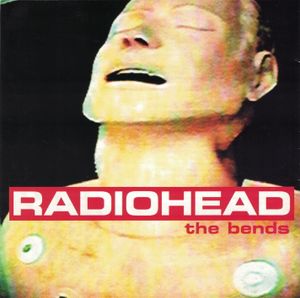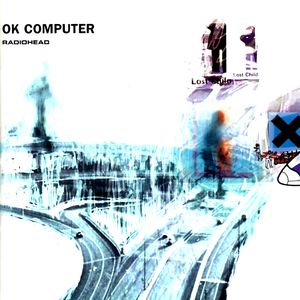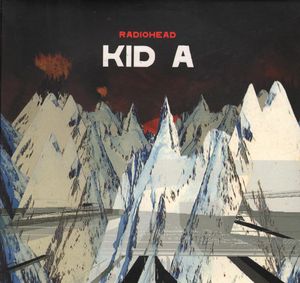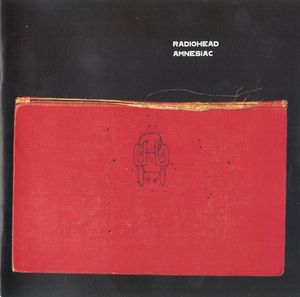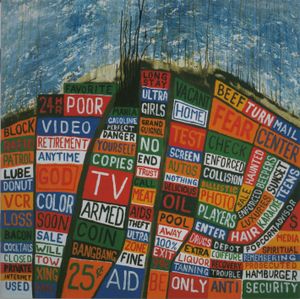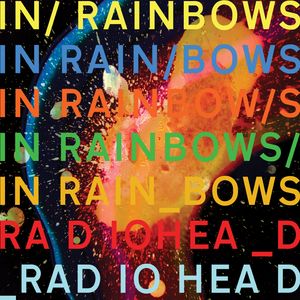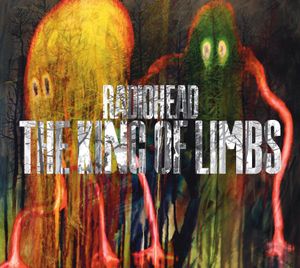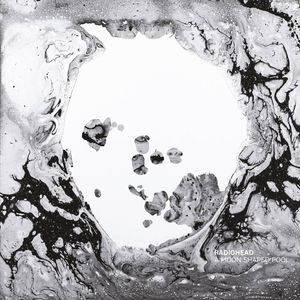

Radiohead
Follow Your Favorite Band Today!
Top Radiohead Community Posts
Story of Radiohead
Radiohead: A Sonic Revolution
Hailing from the quaint English town of Abingdon, Oxfordshire, Radiohead emerged in 1985, forever altering the landscape of alternative rock. This sonic force is comprised of the enigmatic Thom Yorke (vocals, guitars, keyboards), the multi-talented Greenwood brothers, Jonny (guitars, keyboards, and a myriad of instruments) and Colin (bass), the melodic Ed O’Brien (guitars, backing vocals), and the steady rhythm section of Philip Selway (drums, percussion).
Since 1994, they’ve collaborated with the visionary producer Nigel Godrich and the enigmatic cover artist Stanley Donwood, creating a signature sound that pushes boundaries and inspires awe. Their relentless experimentation has propelled alternative rock into uncharted territory, challenging conventions and captivating audiences worldwide.
Signed to EMI in 1991, Radiohead unleashed their debut album, Pablo Honey, in 1993. The album’s breakout single, “Creep,” became a global anthem, propelling them into the spotlight. Their critical acclaim grew further with The Bends in 1995, solidifying their position as a force to be reckoned with.
Then came OK Computer (1997), a landmark album that remains a titan of modern music. This masterpiece, with its complex production and themes of alienation in the digital age, is widely regarded as one of the greatest albums of all time.
Radiohead continued to defy expectations with Kid A (2000), a radical departure that blended electronic music, jazz, classical, and krautrock influences. While polarizing listeners upon release, it was later hailed as the best album of the decade by numerous publications. The follow-up, Amnesiac (2001), was recorded during the same sessions, showcasing their unwavering creative spirit.
Radiohead’s legacy extends far beyond individual albums. They are a band that has constantly evolved, challenged, and inspired generations of artists and listeners. They are a sonic revolution, a testament to the power of artistic vision and the enduring influence of music that resonates on a deeper level.
Frequently Asked Questions
Bands you may like
More Alternative Rock Bands
Discover more bands in the Alternative Rock genre and explore the diverse sounds that define this musical style.
Browse All Alternative Rock BandsMore Bands from United Kingdom
Discover the rich musical heritage of United Kingdom and explore bands that represent the country's unique sound and culture.
Browse All United Kingdom Bands

